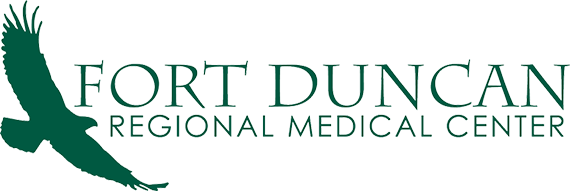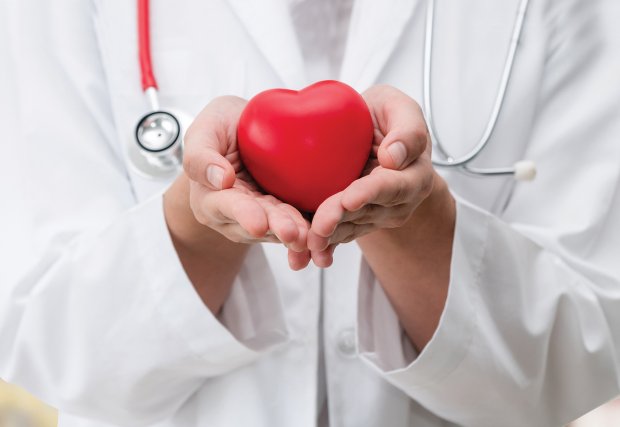During a cardiac event, every second is critical. The sooner you recognize the signs and symptoms, the faster you can seek out lifesaving medical help to minimize the risk of complications and damage to the heart muscle.
Below are the five major signs and symptoms of a possible heart attack in men and women:
- Pain or discomfort in the jaw, neck or back
- Feeling weak, light-headed or faint
- Chest pain or discomfort
- Pain or discomfort in arms or shoulder
- Shortness of breath
Other symptoms of a possible heart attack could include unusual or unexplained tiredness or nausea or vomiting. Women are more likely to have these symptoms.
Learn more about comprehensive heart care at Fort Duncan Regional Medical Center.
Not all heart attacks are sudden and severe. Don’t wait to get help if you experience any of these heart attack warning signs. Some heart attacks are sudden and intense. But most start slowly, with mild pain or discomfort**. Signs can occur hours or even weeks before an actual heart attack occurs.
Call 911 immediately if you or someone around you experiences any of these symptoms. Early intervention increases your chances for a positive outcome.
Are a Heart Attack and Cardiac Arrest the Same Thing?
According to the American Heart Association, cardiac arrest is the abrupt loss of heart function in a person who may or may not have been diagnosed with heart disease. It can come on suddenly or in the wake of other symptoms. Cardiac arrest is often fatal, if appropriate steps aren’t taken immediately.
While heart attacks are caused by a blockage that stops the flow of the blood to the heart, cardiac arrest is caused when the heart’s electrical system malfunctions and the heart stops beating properly. While heart attacks may cause cardiac arrest, the two terms don’t mean the same thing.
*Centers for Disease Control and Prevention
**American Heart Association

